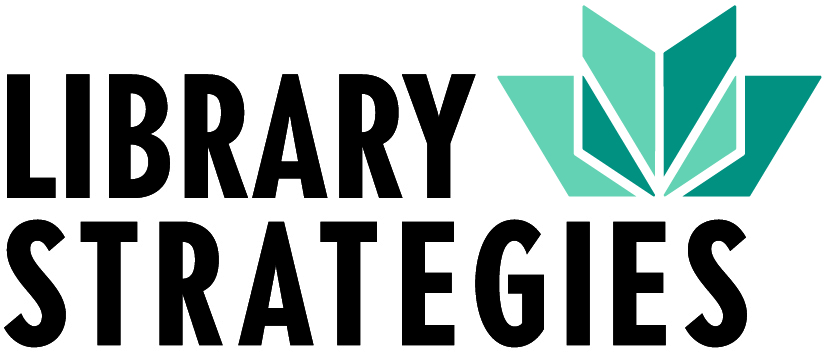Conducting Successful Capital Campaigns & Feasibility Studies

Building a new library – or renovating an existing one – can be both exciting and terrifying! Chances are, with public funding becoming more restricted, your vision is larger than your budget. You will likely need to consider a Capital Campaign to fund the gap between public funding and the full cost of your building project.
I DON’T KNOW MUCH ABOUT CAPITAL CAMPAIGNS. HOW DO I START?
The first and very important step to prepare your organization for a campaign is a Feasibility Study. Conducted by an independent consultant, this study will determine how much money your library can predictably raise from private sources in the community (individuals, corporations and foundations).
The Feasibility Study is critical to the success of any future campaign as it will: (1) determine whether people in the community have the capacity, interest and willingness to provide the major gifts you will need to reach your goal; (2) identify the right individuals who could be effective campaign leaders; (3) uncover potential barriers such as competing campaigns, lack of leadership, damaged relationships, etc.; and (4) help you create the most effective case statement that will resonate with your existing and potential donor base.
WHAT IF THE FEASIBILITY STUDY INDICATES WE CAN’T RAISE ENOUGH MONEY TO COMPLETE THE PROJECT?
First, consider this money well spent to avoid an embarrassing failure! If success is not likely, you do have options. Reevaluate your campaign parameters. Reduce your campaign goal. Delay the campaign until you can address the barriers or develop stronger relationships with potential major donors. Take the time to build public awareness and advocacy. You may want to launch the campaign in phases to create successes and build momentum to the final goal.
WHAT IF THE STUDY SHOWS THAT WE CAN? HOW DO WE PREPARE FOR A CAMPAIGN?
Now the fun begins! Use the results of the Feasibility Study to develop your campaign strategy and recruit leadership. There are several important next steps to prepare your organization to undertake a campaign:
1. Recruit a Campaign Steering Committee and a Campaign Chair or Co-Chairs. These individuals should be well-respected in the community and have a sincere passion for the campaign. They should also have the capacity to make a significant personal gift as well as the ability to ask for major lead gifts.
2. Create a compelling case statement to help potential donors understand the vision and how it will impact the community. This document will also include details of the project, such as the budget and campaign goal. It will also identify campaign and library staff leadership.
3. Develop an accurate budget of the project that includes funding for campaign costs such as events, meetings, architectural drawings, consultant fees, design and printing, etc. Generally, campaign costs will be about 5 to 7 percent of your campaign goal.
4. If you are planning to offer naming rights for major gifts, develop naming rights policies with your board to clearly articulate the parameters of naming buildings, rooms, equipment, etc.
THAT’S A LOT OF PREPARATION. ARE WE READY TO LAUNCH THE CAMPAIGN NOW?
Once you have your infrastructure in place, you can begin seeking lead gifts in the “Quiet Phase” of the campaign. This is when your top level gifts are solicited by campaign volunteers through personal, face-to-face requests. This phase needs to be well planned and coordinated – and quiet. No marketing or public relations just yet.
The “Quiet Phase” continues until approximately 75% of the goal is realized. Now you are ready to announce the campaign to the general public and invite everyone to participate with smaller gifts. This Public Phase often begins with a “launch” event to generate excitement and capture media attention. Continue to generate interest and broaden your base of financial support in this phase. Use all of your library’s regular communication tools (website, newsletter, press releases, social media, etc.) to provide ongoing updates and announcements. Celebrate often and thank continually!
ONCE THE CAMPAIGN IS OVER, IS THERE MORE?
A capital Campaign is an opportunity to convert your capital campaign donors to regular annual supporters. Continue to communicate with your donors and invite them to events and programs. They should be solicited annually and for special projects that support the library.

